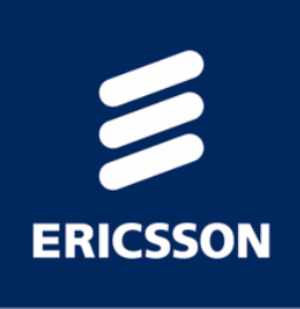Ericsson’s competition with Huawei for managed services contracts in Europe is escalating, evidenced by Huawei’s recent six-year, $700 million contract win from Danish operator TDC, replacing Ericsson as the carrier’s managed services provider after it promised stricter SLAs.
The contract was approved by Danish regulators following a security review. The TDC contract and review process is the canary in the coal mine that could open the spigot to additional services contracts in Europe for the Chinese vendor, provided Huawei delivers on its SLA promises.
“Should Huawei succeed, Ericsson will no longer only be contending with Huawei’s pricing advantage, but also with Huawei’s improved services capabilities,” said Michael Soper, Networking & Mobility Analyst, TBR.
TBR in a telecom analysis report said Ericsson’s 4Q13 results were boosted by a large, one-time payment from Samsung, but the foundation exists for revenue and margin growth in 2014.
Ericsson stabilized revenue growth and grew margins in 4Q13, although this was largely due to a one-time SEK 4.2 billion (or $645 million) patent licensing payment from Samsung. Ericsson will continue to reap IPR revenue from Samsung during their multi-year agreement, but payments will not reach such a high level.
Excluding the one-time payment, Ericsson’s revenue declined 6.2 percent year-to-year primarily due to slowing LTE deployments in the United States, which negatively impacted both Networks and Global Services revenue. LTE coverage projects of all Tier 1 operators in the U.S. are post-peak and several of Ericsson’s large contracts in China and Europe have yet to scale.
Ericsson’s margins will expand year-to-year in the course of 2014 as the company’s revenue mix continues to shift away from coverage projects in Europe and toward software and capacity deployments. LTE rollouts in China will partially offset the improving business mix.
Ericsson’s APAC business is poised for a turnaround in 2014 following several new contracts.
Ericsson notched several wins in APAC that TBR believes will drive revenue growth in the company’s North East Asia and South East Asia regions. North East Asia was Ericsson’s worst performing region by revenue growth in 2013 as Chinese operators scaled back spending on 2G and 3G equipment while waiting on TD-LTE and FDD LTE licenses.
Ericsson was also negatively impacted by a lull in new business from South Korean and Japanese operators that had deployed the majority of their LTE networks in 2012. South East Asia primarily harbors less advanced countries that are just beginning to invest in LTE and other advanced communications technology, such as self-organizing network (SON) solutions.
Ericsson will see a sizeable boost from a TD-LTE contract with China Mobile, as well as a smaller boost from a combined FDD/TD-LTE contract with China Telecom. Ericsson will win a portion of China Unicom’s FDD/TD-LTE rollout of 50,000 base stations. China Unicom’s LTE vendors should be announced by June 2014.
Ericsson’s recent wins in Asia were not limited to China. Japanese operator KDDI selected Ericsson to supply LTE RAN and EPC equipment, representing a new customer for the vendor. The coverage win positions Ericsson to receive future software and capacity deployments business within KDDI’s network. Ericsson is also the primary LTE supplier for Taiwan’s Chunghwa Telecom. Taiwan issued LTE licenses late in 2013, meaning there is additional business to be won from the country’s other operators in the coming months.

